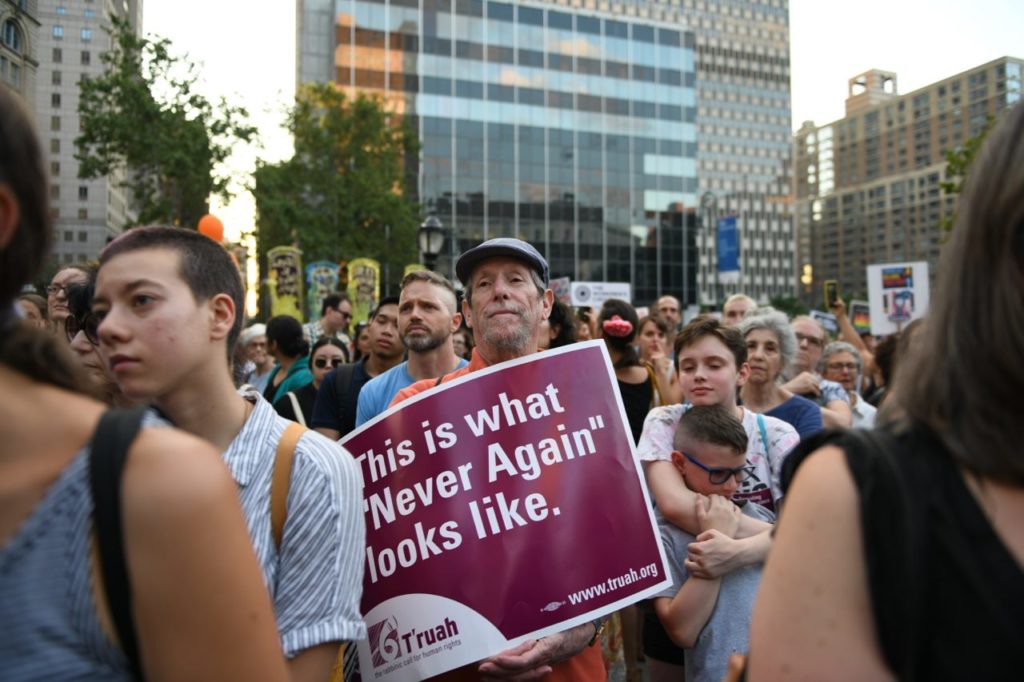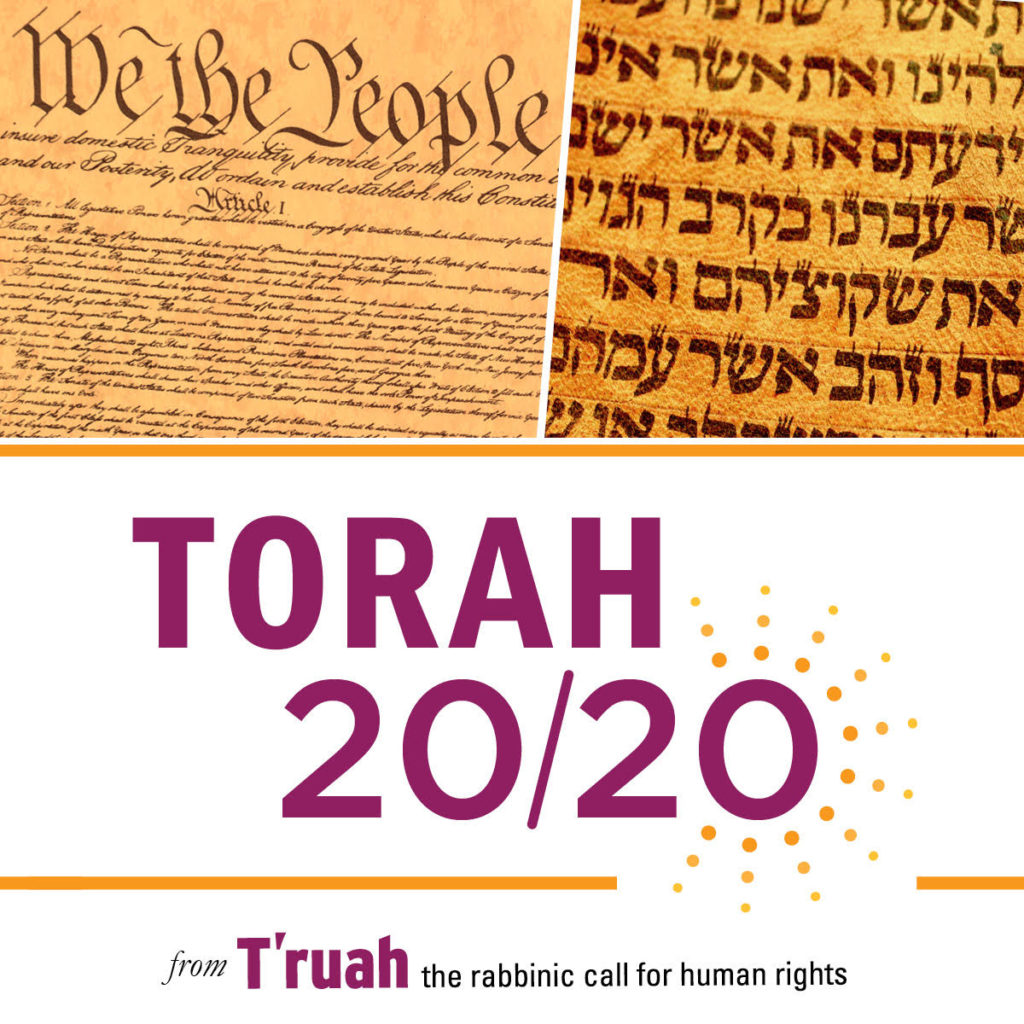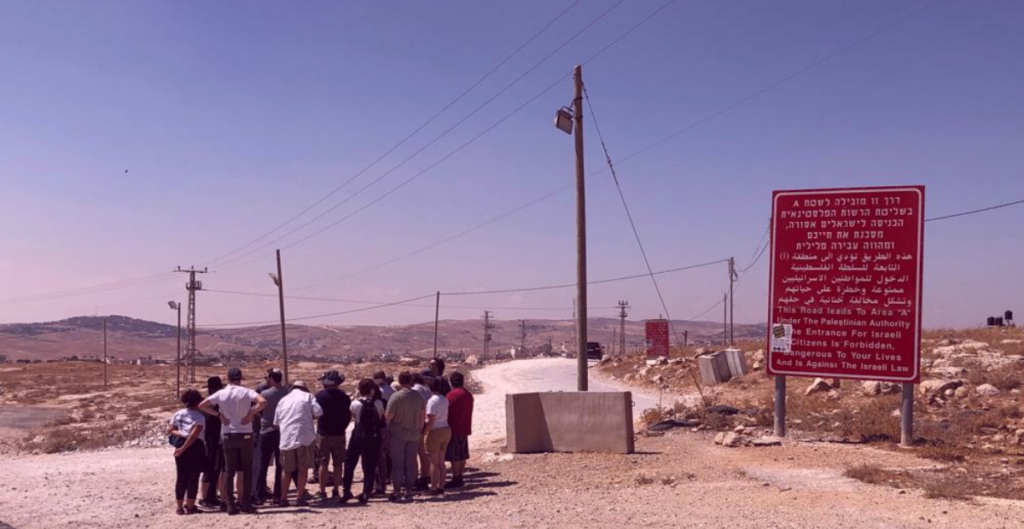
The Weeping Mother Speaks: On Tisha B’Av, Remembering the Pain of Separation
Tisha B’Av reminds us: You know what this awful pain feels like. First, every year, we are supposed to practice feeling the excruciating dissonance between the way things are and the way they should be. We have to feel the deep outrage and pain of the crying mother. But we must also be Rachel, weeping not only for her children, but naming the more compassionate way of being that we know, that we remember is possible.
read more




